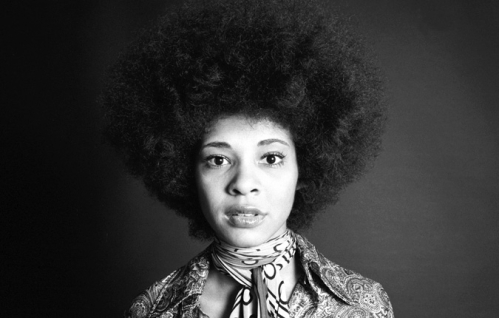Hugh Masekela’s passing, occurring after suffering for a time with prostate cancer, reminded me of what an vital musical figure Masekela was to Apartheid era South Africa. Because of the racist political environment afflicting America at the moment, it felt appropriate to talk about Masekela’s musical life shortly after it all came to an end for him. He was born in Kwa-Guqa Township, the son of a health inspector and a social worker. He began playing piano as a child, but switched to the trumpet having been inspired by seeing the America film The Young Man With The Horn.
Masekela’s life was always politically enshrined. His first trumpet was given to him by Archbishop Trevor Huddleston-anti-apartheid chaplain at the St. Peter’s Secondary School. From his time in Johannesburg’s “native” Municipal Brass Band through his time with Alfred Herbert’s African Jazz Revue in 1956, Masekela’s music became reflected of the inhumanity (and resulting struggles) of black South African’s under the racist system of Apartheid. He and his future wife Miriam Mekeba also toured the UK together as part of South Africa’s first blockbuster theatrical success King Kong.
By the 60’s he was recording and touring as a leader-with he and Mekeba even giving sanctuary to now radically anti apartheid exchange students. And of course having a major crossover hit instrumental with “Grazing In The Grass” on the international stage in 1968. As a flugelhornist and cornetist, his African jazz sound evolved along with the funk and disco eras to come. Reconnecting with many South African musicians in the early to mid 80’s, one song he recorded in 1984 was called “Don’t Go Lose It, Baby”. It was re recorded later. But for this occasion, I wanted to take about its original version.
Bongani Nxele’s in the pocket drums are assisted by what was likely Masekela playing the majority of the other instruments. The core if it consists of fast paced percussion and laser like synth bass stabs-all before a higher pitched synth pad takes over. Then Banjo Mosele’s rhythm guitar adds rhythmic heft. On the chorus, a quartet of female backup singers accompany Masekela’s horn. On the bridge, that horn solo takes on an echoing psychedelic affect-with a proto house music piano. Starting out the songs fading chorus, Masekela himself provides a rap before the backup singers reprise that chorus.
What brings this mix of the original “Don’t Go Lose It, Baby” to life for me is what it meant for the African musical spectrum during the mid 80’s. In its original form, this is a song that represents an Afrocentric variation on the synth pop/new wave variety of dance/funk that was already permeating the clubs of London (which Masekela had already dealt with in the 60’s) as well as the US. Masekela’s jazzy touches and nod to hip-hop with his activist style rapping of ” you’re a winner when you beat the game” give “Don’t Go Lose It, Baby” a strong musical and political relevance from its time.

